Sudan’s rapidly evolving crisis deepens as the nation’s paramilitaries announce the formation of a rival government, escalating tensions in a conflict that has become the world’s largest humanitarian crisis. Mohamed Hamdan “Hemedti” Dagalo, leader of the Rapid Support Forces (RSF), declared that his group is “building the only realistic future for Sudan,” signaling a bold new chapter in the ongoing power struggle with the country’s armed forces.
This dramatic announcement comes at a time when global attention is fixed on Sudan. During a high-level international conference in London marking the second anniversary of the conflict, UK Foreign Secretary David Lammy called for “a pathway to peace” amidst widespread devastation. Meanwhile, heavy fighting continues across the country. Sudanese army forces reported bombing RSF positions near the city of el-Fasher, leading to the forced displacement of hundreds of thousands from critical areas like the Zamzam refugee camp.
In a statement posted on Telegram, Hemedti emphasized that his RSF-led government aims to create a “state of law” for all Sudanese, not one ruled by a select few. “We do not seek domination, but unity. We believe that no tribe, region, or religion holds a monopoly over Sudanese identity,” he asserted, promising that his government will deliver essential services such as education and healthcare across both RSF-controlled territories and nationwide.
According to the United Nations, recent RSF attacks have left more than 400 people dead. The ongoing conflict has seen both the RSF and the Sudanese army accused of serious war crimes, including allegations of genocide and mass sexual violence. Over 12 million people have been displaced since the conflict began, and more than 150,000 lives have been lost in just two years.
Recent clashes in North Darfur, particularly in el-Fasher, have forced tens of thousands of civilians from the Zamzam refugee camp to undertake treacherous 70km journeys to the town of Tawila. Many have arrived in desperate condition, with reports of severe dehydration and fatalities among children due to thirst. Humanitarian organizations have warned that famine-like conditions are affecting over 700,000 people in temporary camps, as security threats and roadblocks hinder the delivery of crucial aid.
At a recent international meeting, the UK committed an additional £120 million ($159 million) in food and medical assistance, urging global partners not to abandon the people of Sudan. “Many have given up on Sudan – that is wrong – it’s morally wrong when we see so many civilians beheaded, infants as young as one subjected to sexual violence, more people facing famine than anywhere else in the world… We simply cannot look away,” said Lammy.
Despite calls for an immediate and permanent ceasefire, the African Union remains firm, declaring that Sudan must remain united and will not be divided by the internal struggle between the army and the RSF. As the conflict continues to rage, the formation of this rival government by Sudan’s paramilitaries marks a pivotal moment, with significant implications for the future stability and unity of the nation.
This unfolding situation highlights the urgent need for concerted international efforts to secure peace and deliver humanitarian aid to millions suffering amid one of the world’s most severe conflicts.


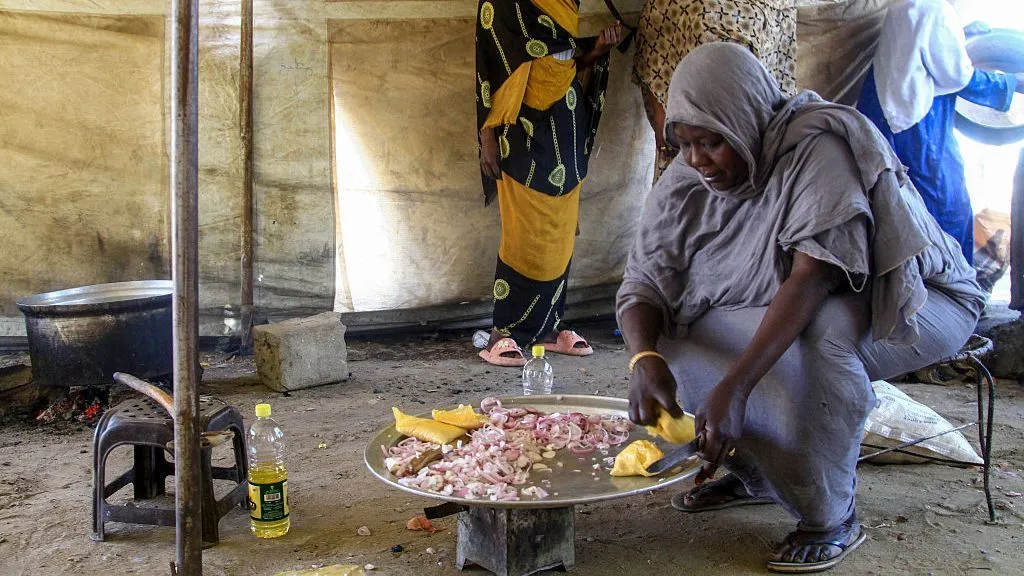


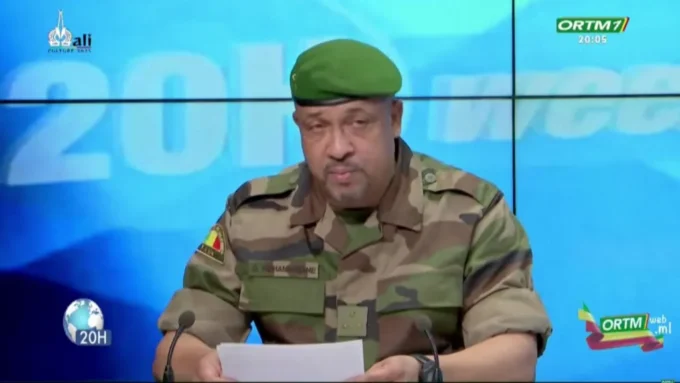
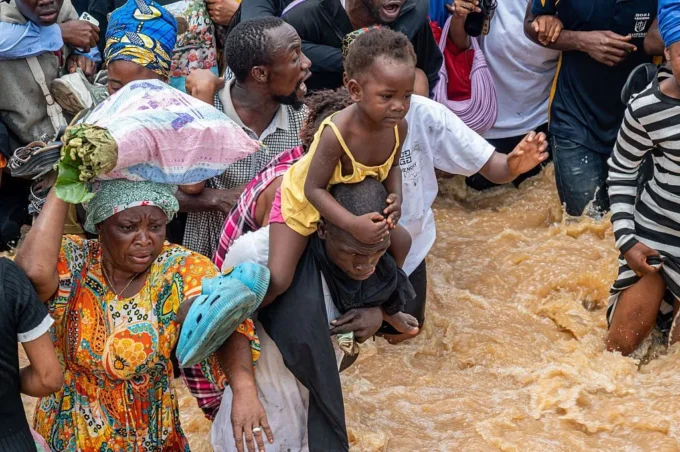


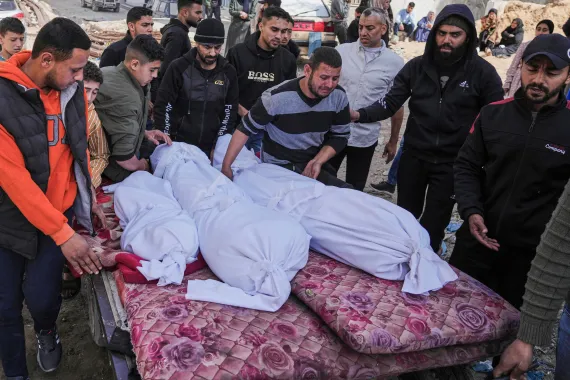
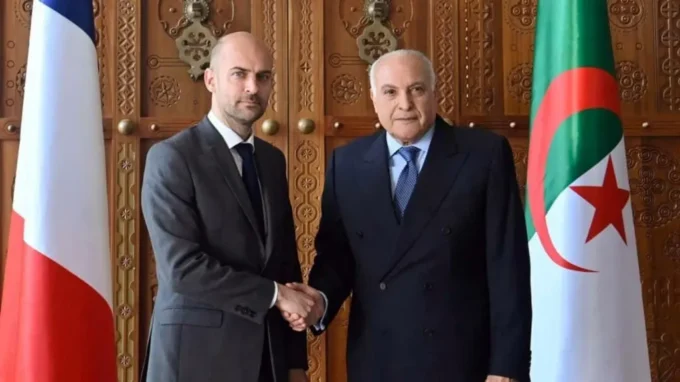



Leave a comment